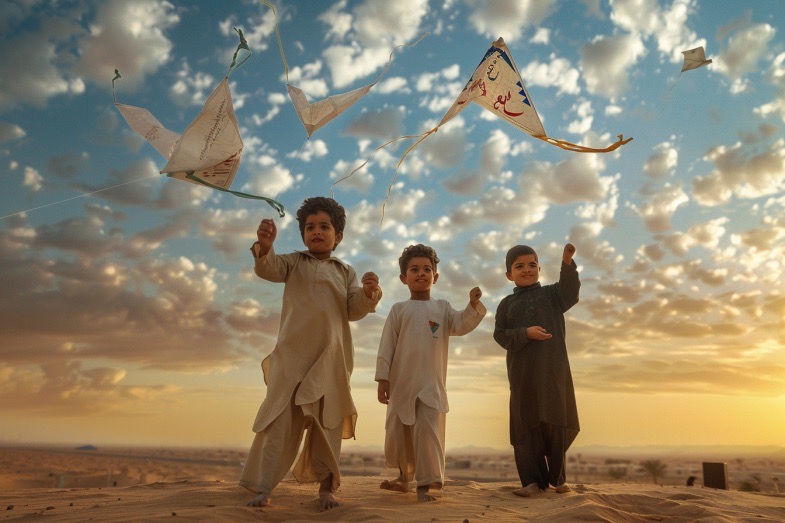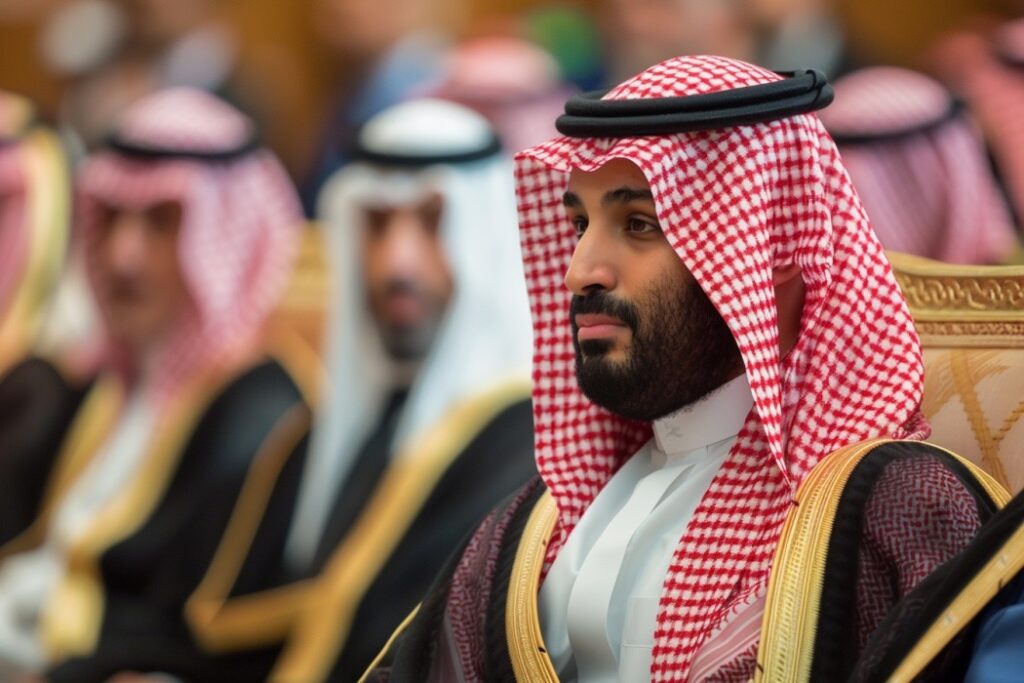Sri Lanka’s Presidential Election Enters Unprecedented Second Round of Counting
COLOMBO — History was made in Sri Lanka as the presidential election advanced to a second round of counting due to no candidate securing over 50% of the vote.
This unique situation arose as the election commission initiated the tallying of voters’ second and third choices, following a round where candidates were asked to prioritize up to three preferences.
During the initial round, leftist politician Anura Kumara Dissanayake led with 42.31% of the votes, with opposition leader Sajith Premadasa following closely behind at 32.76%.
The election commission confirmed the elimination of all other candidates, with their ballots now being scrutinized for secondary or third preference votes directed towards Dissanayake and Premadasa.
To emerge victorious, a candidate must secure a minimum of 50% plus one vote. This election, set against the backdrop of Sri Lanka’s ongoing economic turmoil, is significant as the first since the removal of former president Gotabaya Rajapaksa in 2022 following mass protests.
Historically, all eight previous presidential elections in Sri Lanka since 1982 resulted in a winner after the first round of counting. This year’s election has been described as one of the closest in the nation’s history, with 17 million eligible voters and reports indicating it was the most peaceful electoral process to date. However, a late-night curfew for “public safety” was imposed but lifted by noon local time.
Dissanayake’s campaign emphasized stringent anti-corruption measures and good governance, resonating with voters seeking systemic change post-crisis. His initial lead drew congratulatory messages from prominent figures, including the foreign minister, but recent figures showed him losing ground to Premadasa.
Incumbent president Ranil Wickremesinghe secured 17% of the vote, placing him in third position. The incoming president will confront substantial challenges in revitalizing the economy and alleviating widespread poverty exacerbated by the economic downturn.
Sri Lanka’s foreign currency reserves have dwindled, impeding essential imports like fuel, while public debt has surged to $83 billion and inflation has spiked to 70%, rendering basic necessities unaffordable for many.
The economic crisis, attributed to policy missteps, weak exports, and years of under-taxation compounded by the impact of the COVID-19 pandemic on tourism, has fueled public discontent towards the ruling Rajapaksa family.
Dr. Athulasiri Samarakoon, a political scientist at the Open University of Sri Lanka, highlighted, “The most serious challenge is how to restore this economy.” Wickremesinghe’s administration had secured a $2.9 billion lifeline from the International Monetary Fund (IMF), crucial for unlocking further funding subject to stringent economic reforms.
As Sri Lanka grapples with debt restructuring, with substantial amounts owed to China, both Dissanayake and Premadasa have proposed economic revitalization plans. Dissanayake aims to fortify the manufacturing, agriculture, and IT sectors, while Premadasa advocates for new industrial zones and tourism promotion for foreign currency generation.
Wickremesinghe has also tabled initiatives to double tourist arrivals, establish a national wealth fund, and introduce new economic zones to propel growth. The election outcome is pivotal as Sri Lanka navigates its recovery from a crippling economic crisis while addressing the urgent needs of its populace. — BBC



